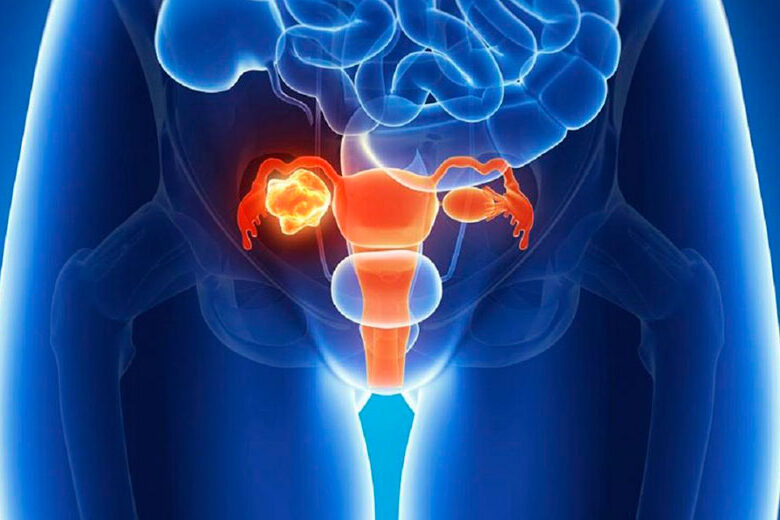Ultra-processed food consumption, cancer risk and cancer mortality: a large-scale prospective analysis within the UK Biobank
Background
Global dietary patterns are increasingly dominated by relatively cheap, highly palatable, and ready-to-eat ultra-processed foods (UPFs). However, prospective evidence is limited on cancer development and mortality in relation to UPF consumption. This study examines associations between UPF consumption and risk of cancer and associated mortality for 34 site-specific cancers in a large cohort of British adults.
Methods
This study included a prospective cohort of UK Biobank participants (aged 40–69 years) who completed 24-h dietary recalls between 2009 and 2012 (N = 197426, 54.6% women) and were followed up until Jan 31, 2021. Food items consumed were categorised according to their degree of food processing using the NOVA food classification system. Individuals’ UPF consumption was expressed as a percentage of total food intake (g/day). Prospective associations were assessed using multivariable Cox proportional hazards models adjusted for baseline socio-demographic characteristics, smoking status, physical activity, body mass index, alcohol and total energy intake.
Findings
The mean UPF consumption was 22.9% (SD 13.3%) in the total diet. During a median follow-up time of 9.8 years, 15,921 individuals developed cancer and 4009 cancer-related deaths occurred. Every 10 percentage points increment in UPF consumption was associated with an increased incidence of overall (hazard ratio, 1.02; 95% CI, 1.01–1.04) and specifically ovarian (1.19; 1.08–1.30) cancer. Furthermore, every 10 percentage points increment in UPF consumption was associated with an increased risk of overall (1.06; 1.03–1.09), ovarian (1.30; 1.13–1.50), and breast (1.16; 1.02–1.32) cancer-related mortality.
Interpretation
Our UK-based cohort study suggests that higher UPF consumption may be linked to an increased burden and mortality for overall and certain site-specific cancers especially ovarian cancer in women.
Funding
The Cancer Research UK and World Cancer Research Fund.
Link: https://www.thelancet.com/journals/eclinm/article/PIIS2589-5370(23)00017-2/fulltext#%20
Authors:
Kiara Chang
Marc J. Gunter
Fernanda Rauber
Renata B. Levy
Inge Huybrechts
Nathalie Kliemann
Date: January 31, 2023
Nutrigenomics Institute is not responsible for the comments and opinions included in this article






